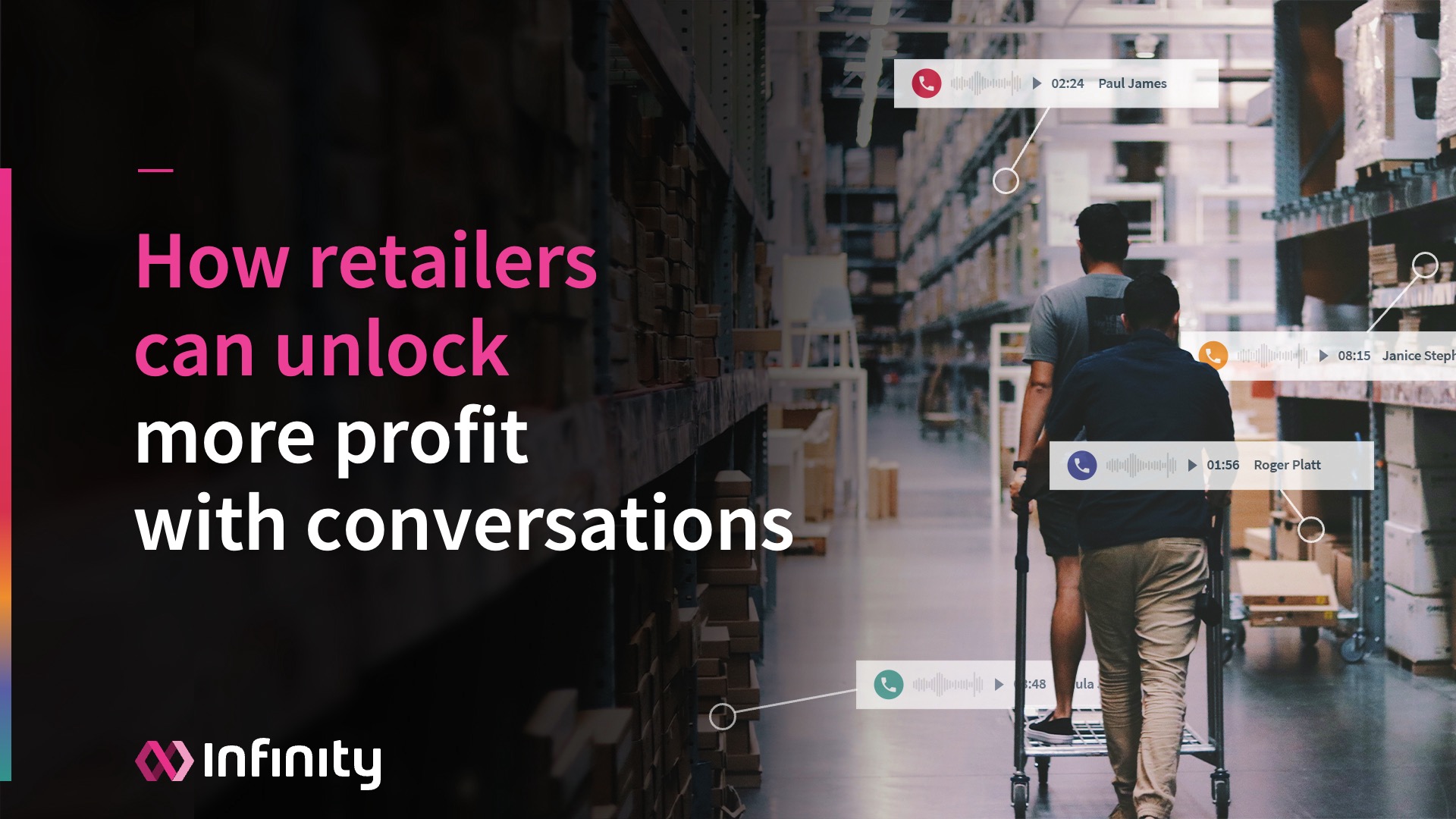The pandemic ignited a home-buying frenzy. As remote working became the new normal, consumers naturally began spending more time in the comfort of their homes. Now, working dynamics have shifted and many of us have settled into hybrid working patterns, we are all spending an increasing amount of time at home.
As people adjusted to lockdowns, nesting mode took centre stage for people. Re-decorating, re-furnishing and modernising personal spaces with the purchasing of homeware, home goods, home working essentials or decor, became a new trend. In fact, according to the Department of Commerce, furniture and home furnishings stores saw a 45.3% increase in retail sales during the first few months of 2021.
At the height of the pandemic, bricks and mortar stores closed and furniture retailers had to shift their thinking to continue serving their customers. Being a category of retail that requires the ability to physically visualise, touch, and try out a piece of furniture, it has been a real challenge for furnishing retailers to provide an alternative in-store experience for customers.
To combat this, a growing number of retailers began to provide visualisation tools and apps to allow shoppers to picture what a price of furniture might look like in their homes.
This year, however, retailers need to cement the way they operate as, despite being in ‘post-lockdown’ times, consumers are no longer choosing to solely purchase goods exclusively in-store. Customers have grown accustomed to shopping online. And, even if they don’t, much of their pre-purchase research is carried out online.
Now, furniture retailers need a solution to connect the dots between the online and offline customer experience.
Considering the contact centre
Customers are increasingly picking up the phone to retailers to talk to call agents; whether the call is to confirm their preliminary online research, to ask a question that wasn’t answered on a site or to gain some reassurance about their purchase decisions.
That’s why the contact centre is one space that furniture retailers need to focus on as it can provide a valuable connection between a retailer’s website, the physical store and its customers. Understanding that, by the time a customer picks up the phone to you, there is very high intent to make a purchase and your call agents are in a prime position to capitalise on these calls to increase conversions. Phone calls contain a wealth of valuable intel that can help retailers train call handlers, improve conversion rates, increase average order values, upsell and reduce the cost of conversion. And yet, the contact centre is an area that is yet to be fully exploited.
Take the front seat with Call tracking
For furniture retailers who want an extra layer of visibility on which of their marketing activities are generating the most revenue, call tracking technology can help. For example, by adding call tracking to your tech stack, you’ll be able to identify and optimise key website pages that are driving higher phone conversions, and you’ll be able to pinpoint the pages where adding a phone number leads to an increase in sales. Once you get intel on these areas of your marketing, including any recurring trends, you’ll be in a strong position to make better decisions for future campaigns.
What if your call centre agents no longer needed to manually listen to calls and look for patterns? What if they could identify recurring words or phrases in calls, understand how sentiment fluctuates throughout the call and use this data to make more sales? Are you sitting at the edge of your seat yet?
Let Conversation Analytics take the floor
Monitoring the language that prospective buyers are using is invaluable. It can help retailers to understand the questions that consumers are commonly asking and gives you insights into specific elements of a campaign that inspire your customers to get in touch.
Using Conversation Analytics, furniture retailers can tap into the content of a conversation and gauge the specific keywords that keep cropping up. Not just that, you’ll be able to understand consumer preferences and refine how certain topics are addressed on calls to deliver a better experience for customers.
Refurbishing retail with customer insights
Today, your customers are spoiled for choice; they have thousands of brands and retailers vying for their attention so, for every retailer, having call centre agents equipped to help customers with telephone enquiries is vital.
The phone call is the missing piece of the puzzle for furniture retailers looking to bridge the gap between online and offline strategies. Using these call intelligence tools is a future-proofed way of turning prospective customers into loyal advocates, as you’ll get closer to your customers, leaving guesswork and opinions on the shelf and making your customers feel at home with your brand.
Unlocking more profit with conversations
Our eBook explains how retailers can tap into ta wealth of insights to elevate the customer experience. You can download a copy here.

Key takeaways
Let’s recap on how call tracking and Conversation Analytics can help home furnishing retailers tap into customer-focused insights in 2022:
Quickly identify what’s working well on your phone calls and gauge which areas need more attention
Get instant access on insights that will be vital to you and your contact centres
Uncover conversation topics, themes, product/service issues and trends
Drive efficiencies in contact centres and train call agents faster
Drive a personalised level of customer experience
Start a conversation with us today to find out how you can unlock the insights trapped in your calls and use them to polish off a lot more sales.